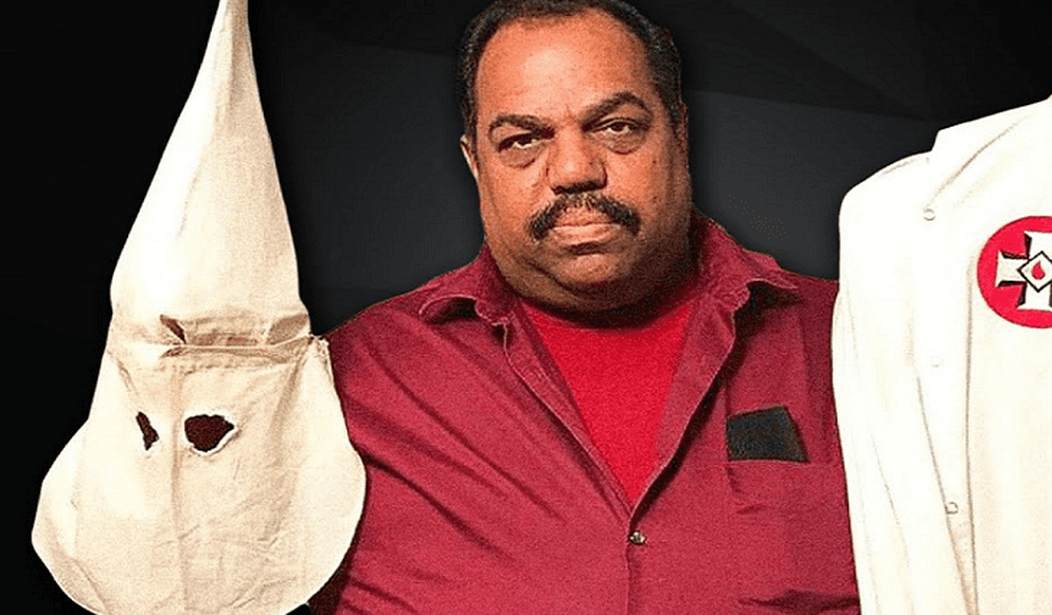Let’s face it: America’s political discourse is in the toilet. Actually, it might be more accurate to say that it has gone from the toilet and is festering in the sewer. It seems that the fringe elements on both sides, who are invested in the rise in animosity between Americans, are doing their job effectively.
Too many Americans are at each other’s throats. In some cases, family bonds have been broken. The political atmosphere has even killed marriages. Political violence has also been on the rise over the past few years. The Exhausted Majority remains caught in the crossfire as the more radical voices attempt to drag them into the morass.
High-profile individuals and media outlets on both sides are pouring waterfalls of gasoline on the fire, demonizing those with whom they disagree and painting them as evil racist/communist/fascist monsters who want to destroy our way of life. The fringe elements make this easier because they can always be used to portray the rest of a group as undesirables with deplorable motives.
Is there any way to bridge the divide? Will we ever be able to get back to a time when we can ardently disagree on issues without pretending that the other person is a new incarnation of Adolph Hitler?
I think it’s possible.
Yes, there are entities who foment this type of animus to obtain money and power. Several people on both sides have pointed out that the battle isn’t necessarily between the left and the right, but the elites and everyone else who isn’t in “the club,” as comedian George Carlin famously pointed out.
But getting to this realization would require actual good-faith conversations on the issues. So how do we get to the point where we can sit down and find areas of common ground?
I recently listened to an interview with musician and activist Daryl Davis, who has a rather odd hobby of befriending members of the Ku Klux Klan and other white supremacist organizations and getting them to rethink their racist views. I first learned about Davis when I watched “Accidental Courtesy,” a documentary that chronicles his adventures with the KKK.
During the interview, which was on the “Jordan Harbinger Show,” Davis explained how he has managed to get through to members of the Klan through conversation and friendship. He stated that there are five values that everyone has in common, and that by highlighting those values in his discussions, he was able to find areas of common ground. He said:
And as such, everybody I’ve met anywhere in the world, they all want the same five things in their life. We all want to be loved. We want to be respected. We want to be heard. We want to be treated fairly. And we want the same thing for our family as anybody else wants, for their family. And if you find yourself in a culture or a society with which you are unfamiliar and you apply those five values to those people, I can guarantee you the navigation will be much more smooth and much more positive. So essentially, I just viewed white supremacists as another culture and I applied those values.
Davis is right. While some who prefer the divisive nature of our current political discourse might not want to admit it, not everyone who disagrees with our politics is an evil person bent on destroying us. Indeed, most folks who vote Democrat are decent folks, not raging commies who want to establish a Marxist utopia, which is why I typically distinguish between the hard left and the rest of the Democrats. The bottom line is that each of us has the values that Davis listed in common.
If a black man like Daryl Davis can spend decades befriending people who despise other black folks like himself just by sitting down and talking, the rest of us have no excuse. When I speak with left-leaning people here in Austin, I know that despite my disagreements, none of them have the level of animus towards me that a KKK member would. So if Davis can have rational conversations with white supremacists, then it should be a piece of cake for me to have civil discussions with folks who disagree with me politically.
Perhaps if we keep those five values in mind when addressing those who have a different perspective on the issues, it might be easier to have productive conversations that can actually lead to solutions. Sure, it won’t be easy. As I said previously, there are plenty of high-profile individuals on both sides who have a vested interest in making sure we fear and loathe one another.
But at some point, we will have to realize that this type of resentment is not sustainable over the long term. The question is: How long will it take for us to become angrier at those benefiting from our division than those who happen to have differing political beliefs?












